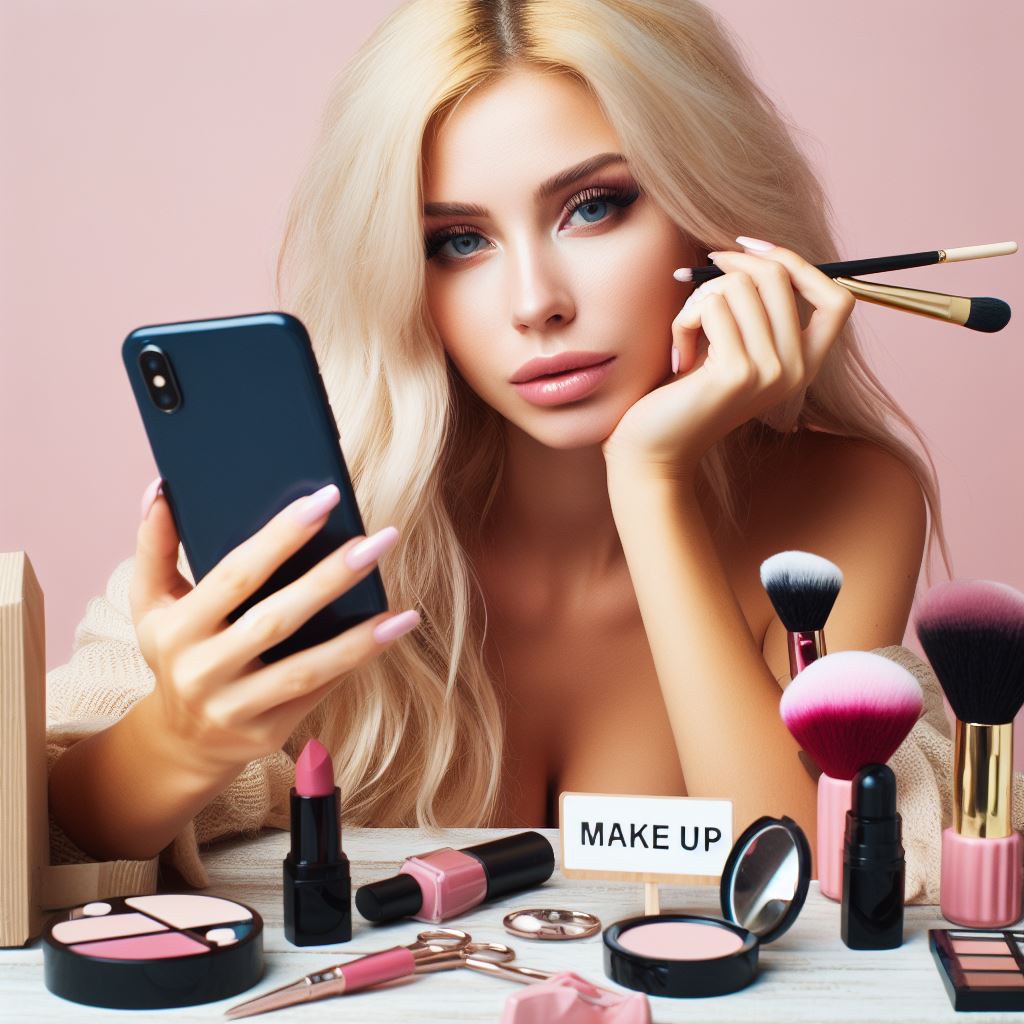Italy
Deinfluencing, the new trend in social media and the Ferragni scandal

Instagram, TikTok, and YouTube are seeing a real, real, big influencer trend: “De-influencing,” the dry, brutal rejection of influencers and their suggestions.
The strange thing is that, partially, even de-influencing has its influencers, people who tell their followers why they should not buy a product. This trend started with the beauty and lifestyle categories but has since moved into other popular industries and products. Influencers discuss products they feel are overly advertised and can provide alternatives for their followers.
The hashtag #deinfluencing had more than 233 million views on TikTok a few months ago. The videos invite a more responsible and considered purchase, one that evaluates not just communication but all aspects of the product. Speaking of marketing and going back to its origins, according to Jerome McCarthy, one could say that deinfluencing is the revenge of Product P on the other three.
The case for deinfluencing
A very strong push toward deinfluencing occurred after the introduction of TikTok shops and shopping on Instagram. The two platforms hoped to make the power of influencers turn immediately into sales and, thus, into monetary flows for them and their business customers. The result was a boom of small and large influencers bombarding them with sales attempts, a bit of all kinds, pushy, and with the button to sell. Social media, born to meet friends and the like, has become fair, invasive, continuous, and oppressive, hence the rejection.
Adding to this genuine revulsion for forced commercial communication are the ecological, moral, and sanity concerns related to overconsumption. Influencer culture promotes an unhealthy habit of overconsumption in an attempt to keep up with the latest trends.
While big influencers encourage fast fashion giants, such as Shein or Old Navy, clothing production contributes about 8%–10% of the world’s carbon emissions, as well as 20% of global water pollution, according to ResearchGate. Transportation also contributes 3% of global greenhouse gas emissions. Deinfluencers promote greater sustainability by not buying as much at the consumer level.
Finally, frankly, the influencer drives overconsumption, which, in the end, in the face of scarce economic resources, becomes wastefulness of necessities on the one hand (what do you do with a million gadgets you may be buying at the expense of healthy eating) and frustration through dissatisfaction on the other, so many have decided to say enough is enough.
Deinfluencing means rejecting material culture, especially that of fast consumption and disposables made in Bagladesh, and having more and more of what is perfectly useless.
Deinfluencer vs. influencer
Deinfluencing is not a direct rejection of the influencer market, but it reinforces honesty with followers. Creators try to help their followers by telling them honest opinions instead of encouraging them to buy something they may not need. Deinfluencers question and are skeptical of product advertisements.
Influencers try to convince followers to buy a product and generally say that the product is useful for everyone. Deinfluencers realize that products may not be suitable for everyone and try to show alternatives, sometimes even cheaper ones.
Both influencers and deinfluencers try to persuade followers, so they are similar. They strengthen a relationship with their fans or followers. Trends may seem like fun, but the Internet pushes to change trends all the time, making it difficult and expensive for consumers to keep up.
Deinfluencers and the Italian influencer scandal
We have already told you about the scandal surrounding Influencer Ferragni, who, in Italy, was fined one million euros on charges of promoting a Christmas product, the well-known Pandoro cake from the company Balocco, as if it was linked to a charity donation, which was not real.
This event will surely test the ability of influencers to change consumer behavior. The scandal is shaking everyone and the media and is likely to leave marks on the ability of influencers to make real sales.






